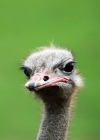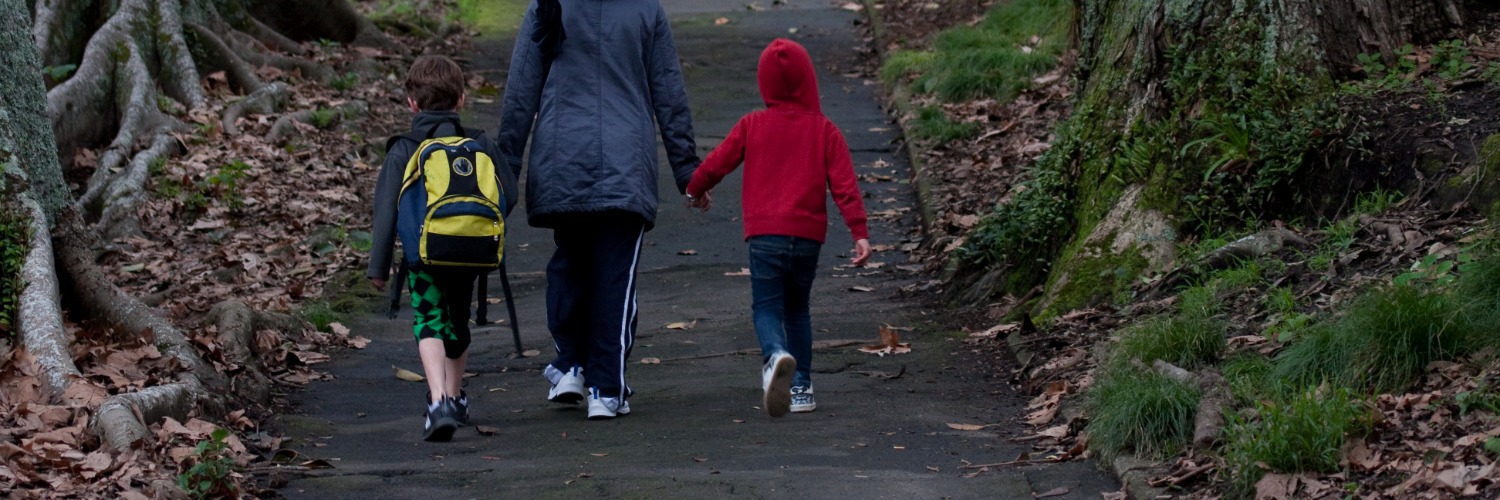Filter by Date:
Regional field advisors
Contact an advisor to investigate or negotiate public outdoor access.
Pocket Maps
Get the app to take our maps with you just about anywhere.
Rewriting the walking stereotype
Posted under: Access
Published 3 December 2018
Perhaps the Walking Access Commission is rather poorly named. We improve access for all sorts of outdoor travellers, not just walkers. Notably, we also work with mountain bikers, horse riders, trail runners, anglers and hunters.
If you're outside without the help of a combustion engine, we're probably working for you.
With a review of our founding legislation just begun, perhaps one of the questions the review may need to answer is whether we have the right name.
 We also need to overcome the perception that we only work on behalf of a certain type of walker. Nearly everybody is a walker. Bipedalism is something that we should be rightly proud of. Most of us master it at a young age and it differentiates us from almost all the rest of the animal world (except ostriches).
We also need to overcome the perception that we only work on behalf of a certain type of walker. Nearly everybody is a walker. Bipedalism is something that we should be rightly proud of. Most of us master it at a young age and it differentiates us from almost all the rest of the animal world (except ostriches).
But when we think of walkers we picture people in swannies, shorts, sensible woolly socks and a backpack filled with scroggin.
It's not an inclusive stereotype. It's a stereotype that, though we may not openly acknowledge it, does not include many ethnicities. It is also a stereotype that welcomes more men than women.
Some of New Zealand's most renowned walks probably are better suited to scroggin and woolly socks. The Milford Track, for instance, will be a whole lot less enjoyable if tramped in high heels and pencil skirt.
But these large tramps are not the most important walks in New Zealand. The most important walks are the small daily ones that link us to schools, shops, work and friends.
These are the walks that keep us healthy, keep us connected and keep us in touch with our environment. These are the walks that we need to work for all walkers, whether in walk shorts, a pinstripe pencil skirt or lavalava.
They need to be beautiful walks in nature. They need to be practical walks that get people to places they want to go. And they need to be fun walks that local people share with their friends, neighbours and communities.
As we rewrite the stereotype of walker, we need to make sure that all these newly included walkers have a network of local trails where they can experiment with and enjoy their newfound role.
---
Photo credit: russellstreet at Flickr
Page last updated: 14 December 2023

